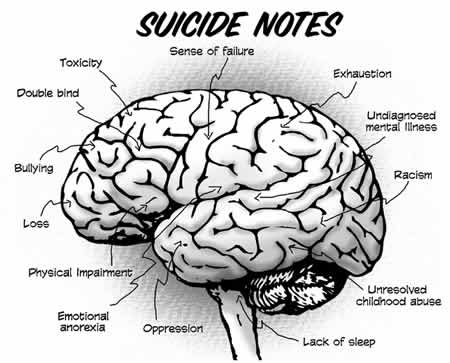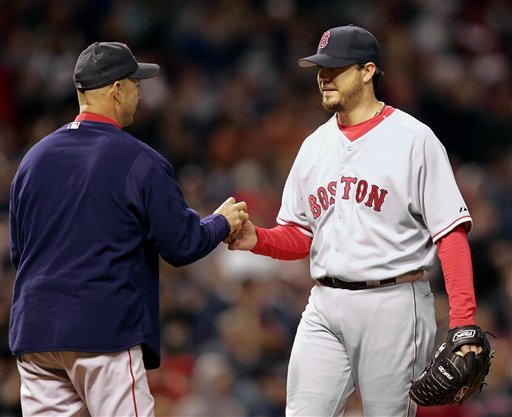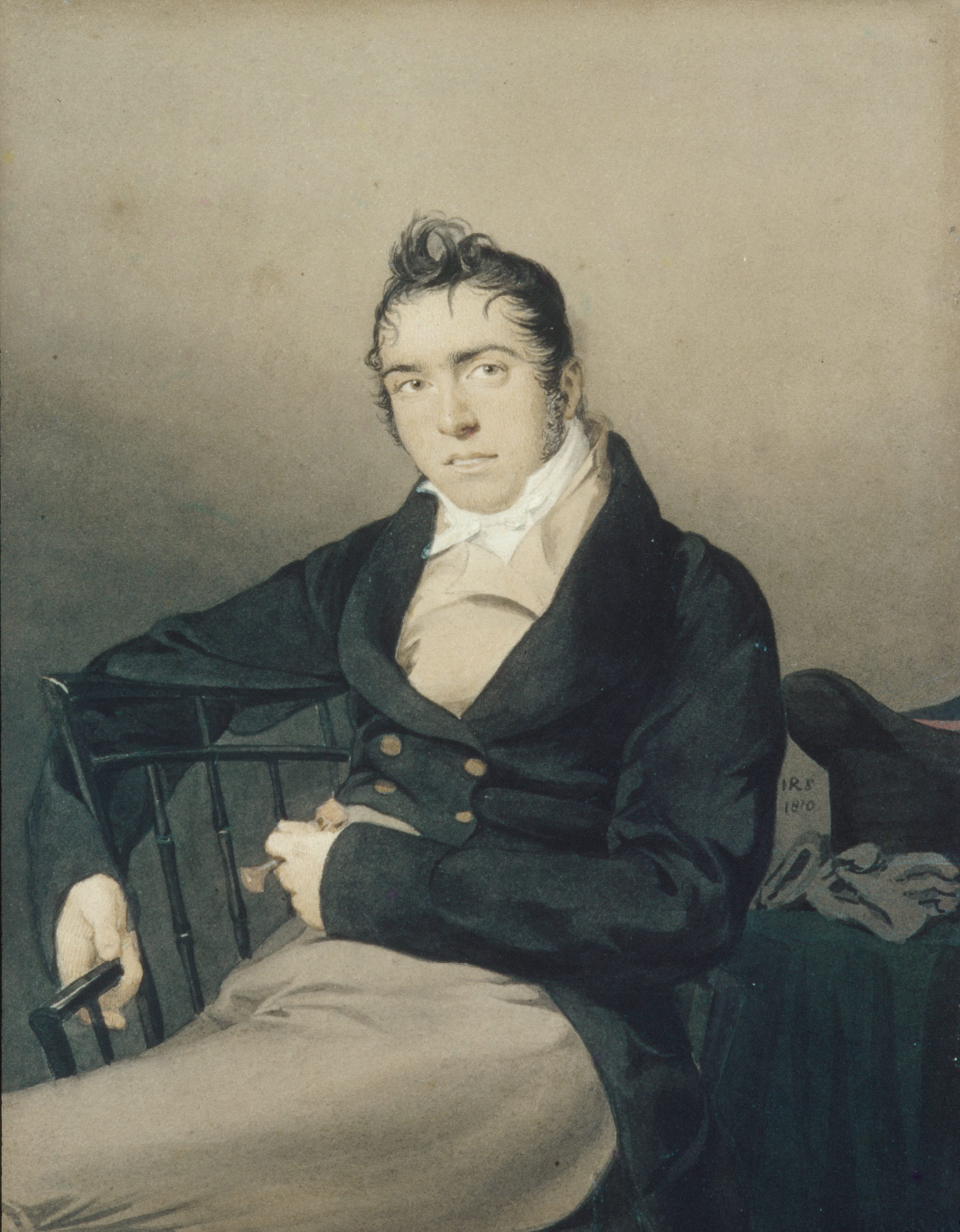
(Yes, I always picture him as So-Crates Johnson.)
I'm finally almost done with The Republic, which is engrossing in a way that no other Platonic dialogue is and horrifying in a way none of them could ever hope to be. I will avoid talking about the book's implication for totalitarian regimes; if you're interested in that kind of thing, see everything ever written on The Republic. (I did notice all that stuff and took pages and pages of notes to that effect, but I don't have much to add to that conversation.) Instead, I'll do what I do: theology.
Theologians often describe Socrates as a forerunner to Christianity, and it's true in a way--theologians have co-opted his thought for millennia, clear back to St. Augustine and possibly further than that. (I am criminally unread in the patristics.) But was he? Socrates certainly appears to reject a good deal of Greek orthodoxy, which is why he was condemned as an atheist by the Athenian councils. He looks like a monotheist sometimes, as he generally refers to "God" or "god" rather than to "gods." In this, he reminds me of the Rig Veda, which asks, "In the beginning the Golden Embryo arose. Once he was born, he was the one lord of creation . . . Who is the god whom we should worship with the oblation?" (10.121.1). You can be a polytheist and believe in that unknowable but Almighty god, and that's what Socrates seems to believe in.
At least when he believes in anything. One of the reasons why his Ideal State (or State of Ideals) is disturbing is his willingness to lie to its citizens. He suggests the Rulers come up with a "magnificent myth" or a "noble lie" to foist upon people in order to orient them the right way. Desmond Lee, who translated and annotated the Penguin edition of the text, cautions us against viewing Socrates and Plato as noble liars:
Plato has been criticized for his Foundation Myth as if it were a calculated lie. That is partly because the phrase here translated "magnificent myth" has been conventionally mistranslated "noble lie"; and this has been used to support the charge that Plato countenances manipulation by falsehood. But . . . one of Plato's own criticisms of democracy was that its politicians constantly mislead it, governing it by propaganda rather than by reason. (118)If I hadn't actually read the book, this might have convinced me. But I have, and even in Lee's translation, Socrates sounds like a propagandist; he suggests feeding the Republic
a fairy story like those the poets tell and have persuaded people to believe about the sort of thing that often happened "once upon a time," but never does now and is not likely to: indeed it would need a lot of persuasion to get people to believe it. (414c)Here, a pseudo-religious myth is used solely to further the Republic. (A word on this myth: Socrates presents three classes of people--the Golden, the Silver, and the Bronze. The Golds are the Rulers of the Republic; the Silver, those who enforce the rulings; and the Bronze, the common people. Children were to be selected in school as one of the three classes and forced into that occupation by this Foundation Myth.) Plato must convince the citizens that they are locked into their station in life. How does this differ from the Indian caste system?
All through the book, Socrates shows interest in religion not because it's true but because it's necessarily to stabilize the State. For example, he wants to censor poets, particularly poets who have things to say on religion: "We must ask the poets to stop giving their present gloomy account of the after-life, which is both untrue and unsuitable to produce a fighting spirit, and make them speak more favorably of it" (386b-c). That "untrue" is almost an aside--he gives no reason why it's untrue but gives plenty of reason why it's unsuitable, and that's really what matters.
I don't see Socrates as any sort of religious believer. Religion in general and Socratic monotheism in particular exists in order to make life in the State easier, and in this sense he is a consummate humanist, bending faith to meet man's needs.
For this reason, he reminds me of the German nun in Don DeLillo's White Noise, who, when asked about her faith, says, "It's for others. Not for us . . . The others who spend their lives believing that we still believe. It is our task in the world to believe things no one else takes seriously. To abandon such beliefs completely, the human race would die" (318). The stability of the world (or of the State--Socrates shows zero concern for any non-Greek) is more important than the truth, and Plato is willing both to lie and to censor those who would undermine that stability for the sake of that truth. (I find myself wondering how he'd respond to the Hebrew prophets.)
With his religious utilitarianism in mind, it's a little surprising that Socrates has been so influential on Christian thought over the years. Then again--I get my theology through Sartre, so who am I to accuse anyone?













